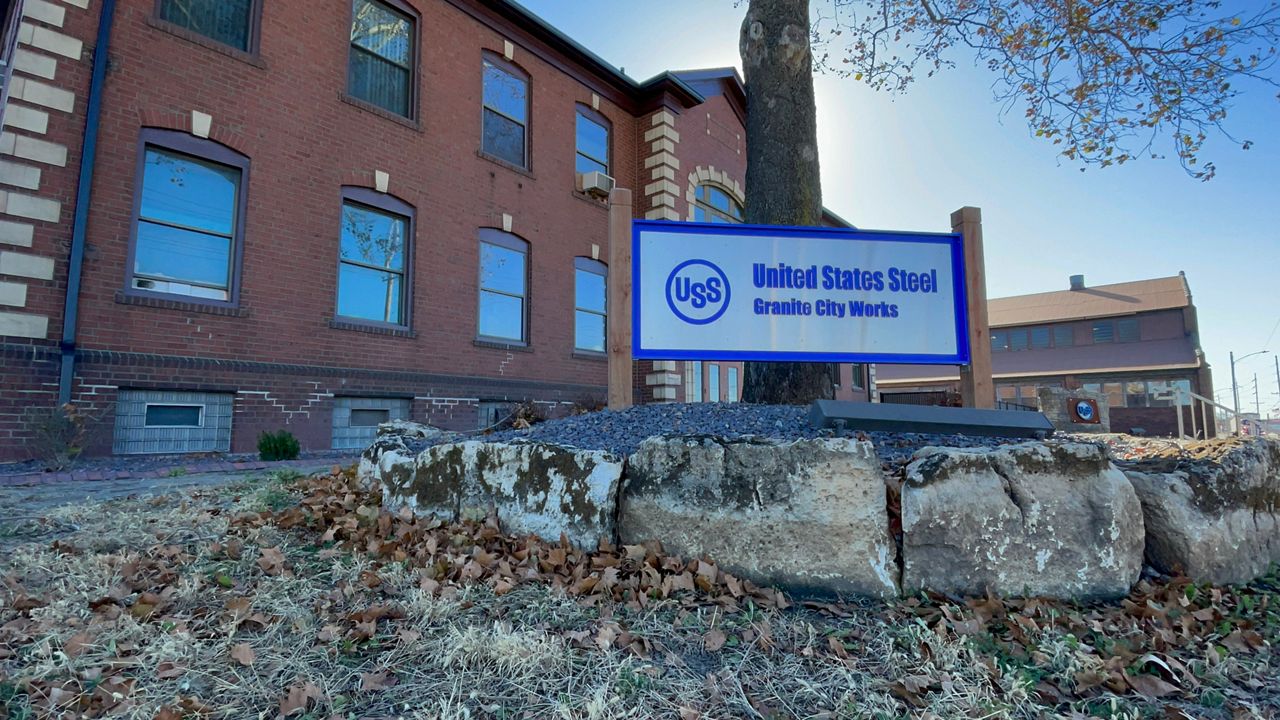Jobs
Granite City Works waiting for decision on U.S. Steel deal

WASHINGTON — A powerful government panel on Monday failed to reach consensus on the possible national security risks of a nearly $15 billion proposed deal for Nippon Steel of Japan to purchase U.S. Steel, leaving the decision to President Joe Biden, who opposes the deal.
Hundreds of steel workers in the Metro East are waiting for the decision. Last month, 1,000 employees in the Metro East have been on a form of temporary layoff because U.S. Steel idled a blast furnace in 2019 and then idled the other last October. Union leaders say some of those employees have resigned and moved on, while 700-750 union steelworkers remain on the job, processing steel slabs brought in from other facilities.
The Committee on Foreign Investment in the United States, known as CFIUS, sent its long-awaited report on the merger to Biden, who formally came out against the deal in March. He has 15 days to reach a final decision, the White House said. A U.S. official familiar with the matter, speaking on condition of anonymity to discuss the private report, said some federal agencies represented on the panel were skeptical that allowing a Japanese company to buy an American-owned steelmaker would create national security risks.
Monday was the deadline to approve the deal, recommend that Biden block it or extend the review process.
Both Biden and President-elect Donald Trump have courted unionized workers at U.S. Steel and vowed to block the acquisition amid concerns about foreign ownership of a flagship American company. The economic risk, however, is giving up Nippon Steel’s potential investments in the mills and upgrades that might help preserve steel production within the United States.
Under the terms of the proposed $14.9 billion all-cash deal, U.S. Steel would keep its name and its headquarters in Pittsburgh, where it was founded in 1901 by J.P. Morgan and Andrew Carnegie. It would become a subsidiary of Nippon Steel, and the combined company would be among the top three steelmakers in the world, according to 2023 figures from the World Steel Association.
Biden, backed by the United Steelworkers, said earlier this year that it was “vital for (U.S. Steel) to remain an American steel company that is domestically owned and operated.”
Trump has also opposed the acquisition and vowed earlier this month on his Truth Social platform to “block this deal from happening.” He proposed reviving U.S. Steel’s flagging fortunes “through a series of Tax Incentives and Tariffs.”
The steelworkers union questions if Nippon Steel would keep jobs at unionized plants, make good on collectively bargained benefits or protect American steel production from cheap foreign imports.
“Our union has been calling for strict government scrutiny of the sale since it was announced. Now it’s up to President Biden to determine the best path forward,” David McCall, the steelworkers’ president, said in a statement Monday. “We continue to believe that means keeping U.S. Steel domestically owned and operated.”
Nippon Steel and U.S. Steel have waged a public relations campaign to win over skeptics.
U.S. Steel said in a statement Monday that the deal “is the best way, by far, to ensure that U.S. Steel, including its employees, communities, and customers, will thrive well into the future.”
Nippon Steel said Tuesday that it had been informed by CFIUS that it had referred the case to Biden, and urged him to “reflect on the great lengths that we have gone to address any national security concerns that have been raised and the significant commitments we have made to grow U.S. Steel, protect American jobs, and strengthen the entire American steel industry, which will enhance American national security.”
“We are confident that our transaction should and will be approved if it is fairly evaluated on its merits,” it said in a statement.










